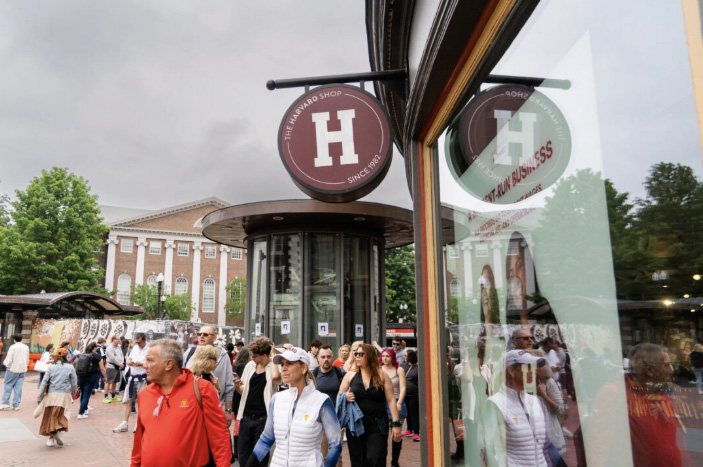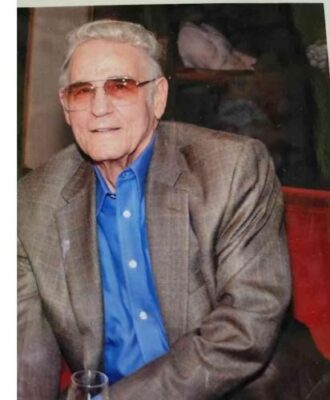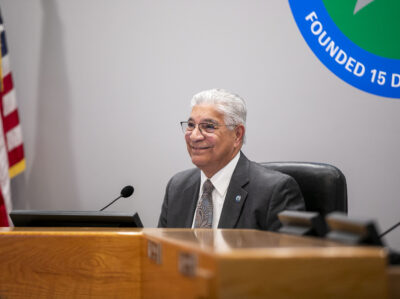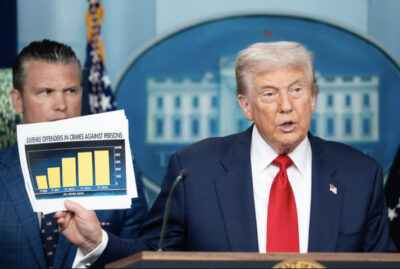By Sam Dorman
Contributing Writer
BOSTON — Harvard University and the Trump administration faced off in court as each sought to convince a judge in the ongoing battle over billions of dollars in funding for the school.
The Monday hearing came after months of litigation in which Harvard alleged that the government was violating its First Amendment rights by using federal funds as a punishment for not complying with demands for a series of changes at the school.
U.S. District Judge Allison Burroughs previously blocked the administration, but in a more preliminary posture. The more recent hearing came after Harvard filed a motion for summary judgment, which would include permanently blocking the administration’s defunding effort.
In court, the Justice Department argued that the government was well within its rights to terminate funding streams to Harvard. The university, it also said, brought the case in a federal district court when it should have brought it in the U.S. Court of Federal Claims, which typically handles contract-related disputes.
Tension inside and outside the courthouse seemed to underscore the high stakes alleged by both sides. In his rebuttal, Justice Department attorney Michael Velchik, a Harvard alumnus, got choked up while discussing the importance of the university and the concern about antisemitism on campus.
At the entrance to the Joseph Moakley federal courthouse, pro-Harvard protesters could be seen with signs reading “Opposing Genocide Is Not Anti-Semitism,” “Defend Academic Freedom,” and “Resist Tyranny.”
The hearing came alongside a related trial in which a group of university professors alleged the Trump administration was chilling college professors’ speech with high-profile arrests of pro-Palestinian advocates like Mahmoud Khalil.
At issue on Monday was whether Harvard’s claims about the First Amendment allowed it to bring the case before Burroughs despite the dispute involving contracts and money.
Steven Lehotsky, who represented Harvard, alleged that the administration had engaged in a “blatant, unrepentant” violation of the First Amendment. The Trump administration, he said, gave the university an “offer we couldn’t refuse” with its demands on the university.
Velchik alleged that the government would have canceled Harvard’s contracts regardless of how the university responded to its demands. Besides, he said, issues surrounding the First Amendment could still be handled in the Court of Federal Claims and should be, because the case was primarily about money.
The administration has used that line of argument in multiple cases, including one that reached the Supreme Court earlier this year. In April, the Supreme Court removed a temporary block on the administration’s attempts to freeze Education Department grants.
While the case wasn’t final, it indicated that the case should have come before the Court of Federal Claims rather than being brought in a federal district court. It pointed to a law known as the Tucker Act, which grants the Court of Federal Claims jurisdiction over cases involving contracts with the federal government.
Velchik cited that case during an exchange with Burroughs, suggesting that it supported his arguments about Harvard’s case being brought in the wrong court. Burroughs pushed back, however, and didn’t seem to think the Supreme Court’s order applied to the case before her, given that the justices’ decision was over a more temporary request.
She and Harvard pointed to a more recent decision by the U.S. Court of Appeals for the First Circuit, which has jurisdiction over federal appeals from Massachusetts, New Hampshire, Maine and Rhode Island. A three-judge panel said on Friday that another court in Massachusetts likely had jurisdiction to rule on a lawsuit over funding from the National Institutes of Health.









